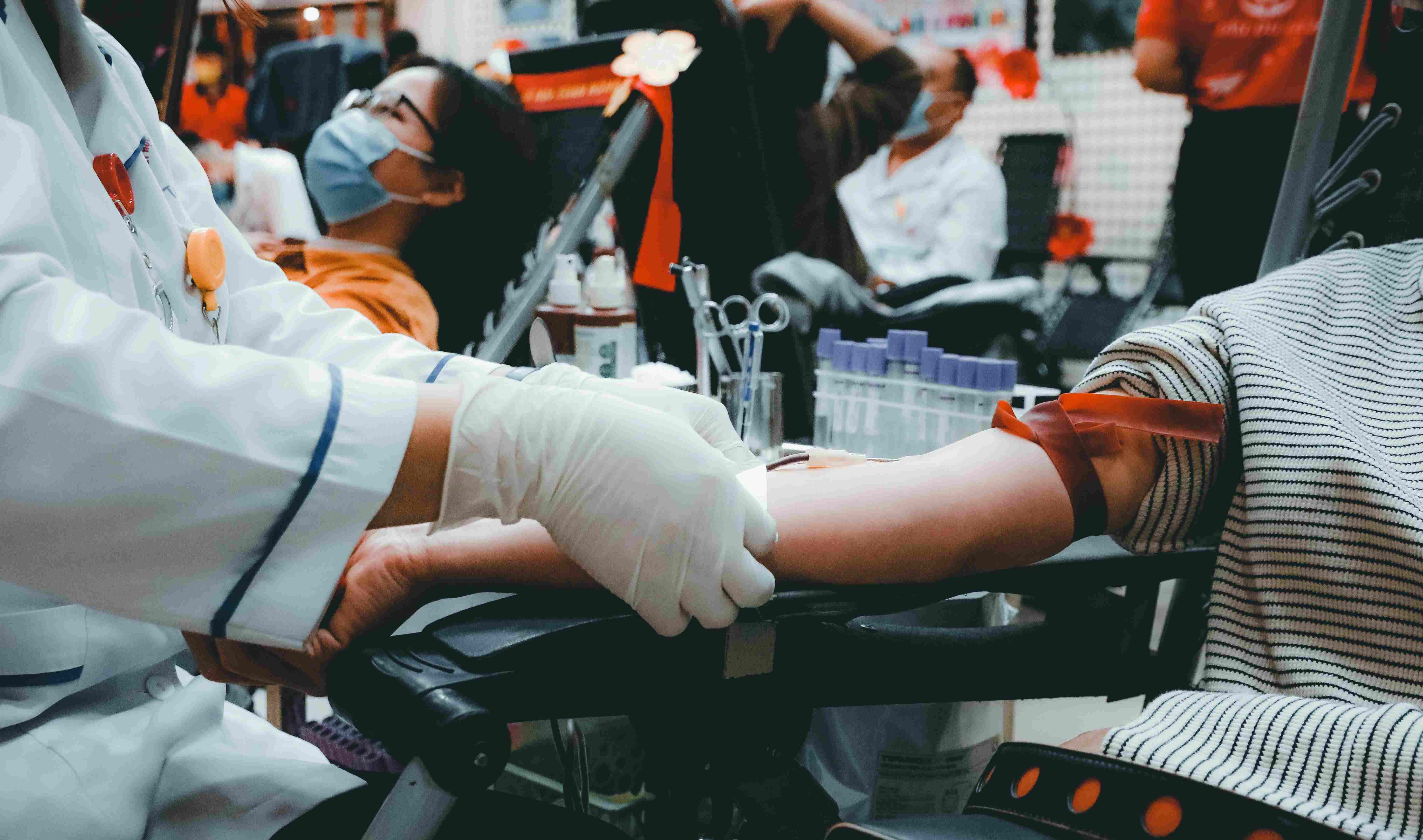This study explores how teacher educators in Turkey, the United States, and Hong Kong prepare teachers to support immigrant students, using humanising pedagogy as a framework. Findings reveal the influence of personal and professional contexts, teaching practices, and the supports or barriers to implementing change. The study offers important insights for improving teacher education to better address the needs of immigrant students.
World Blood Donor Day 2026: Honoring the Heroes of Life
Picture this: a world where countless lives are saved every day, not by superheroes in capes, but by ordinary people with an extraordinary gift to give. These are the blood donors, the unsung heroes who, on June 14th, we come together to celebrate during World Blood Donor Day (WBDD).
The Power of a Simple Act
World No Tobacco Day 2026: Uniting for a Tobacco-Free Future
Every year, on May 31st, World No Tobacco Day serves as a powerful reminder of the devastating impact that tobacco use has on individuals, families, and communities worldwide. Established by the World Health Organization (WHO) Member States in 1987, this global event aims to raise awareness about the dangers of tobacco use and advocate for effective policies to reduce tobacco consumption.
The Toll of Tobacco




